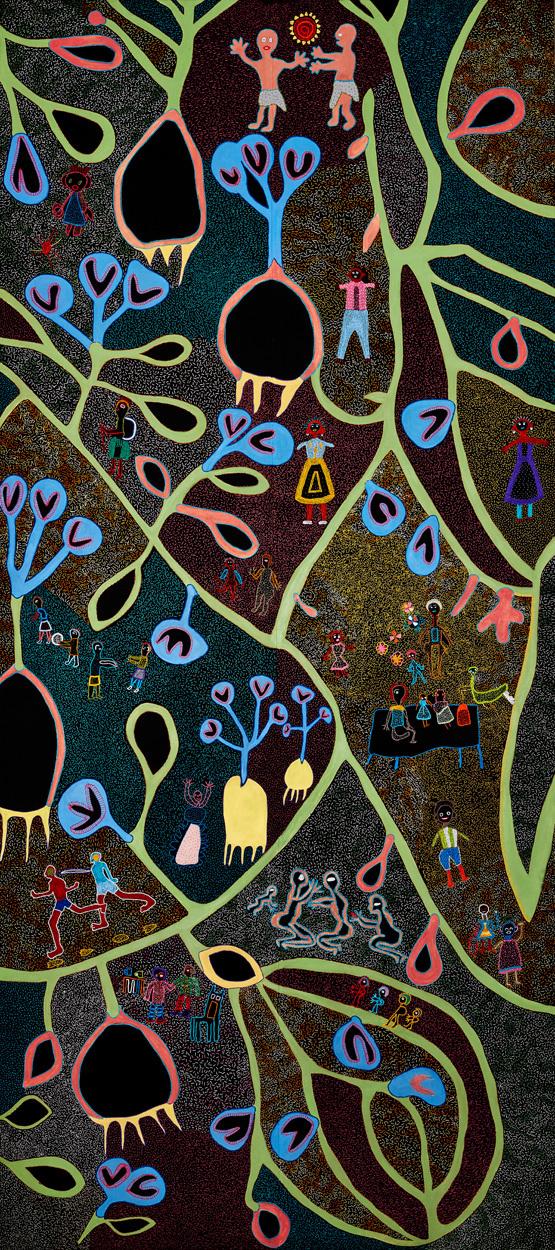
2 minute read
DRONES FOR GOOD: HOW THESE ROBOTS ARE MAKING A DIFFERENCE IN AFRICA
By: Fahmeeda Zalgaonker
Similarly, the mining sector uses drones for spatial inspection to collect data from inaccessible or dangerous areas, decreasing the risk to miners' lives.
Advertisement
UAVs have also become vital in efforts towards wildlife and marine conservation. They can be used to watch over endangered species, monitor potential poaching activities and provide aerial surveillance of large areas that might otherwise be difficult for humans to travel to. They are also used across coastlines to gather details about ecosystems, vegetation and biodiversity.
The only thing cooler than a robot is one that can fly!
When it comes to robotics, drones have become pivotal in transforming the world in many ways. More formally known as unmanned aerial vehicles (UAVs), drones are equipped with sensors, memory systems, data computing and motors to perform numerous tasks across various industries, changing our perception of what can be achieved through flight.
In Africa, drones are used in many revolutionary ways across different landscapes and regions. In rural areas of Rwanda and Ghana, a company called Zipline uses drones to deliver emergency healthcare supplies such as blood, vaccines and medicine to remote hospitals located far across long, hot and winding roads.
The process is quite efficient – once a hospital places an order for supplies from the main storage hub, it is packaged and placed in a drone. When it flies and reaches its location, the package is released from a trap door and lands safely using a parachute. The UAV is equipped with navigational and precision landing systems for autonomous delivery, meaning they can operate pretty accurately at any time and save many lives by providing quick and easy medical access.
In the agricultural sector, drones are used to gather data to maximise farming practices such as surveying land for crops, mapping aerial space and improving irrigation methods. They are also commonly programmed to spray fertiliser and pesticides while flying at a fixed route and height to ensure precision.
In emergency response (such as fires, earthquakes and floods), drones are used to survey land, identify survivors and aid in swift action towards rescue operations.
There are many other ways these smart robots are being used, highlighting the importance of STEM education to maintain a progressive society.
Flying Labs
A non-profit organisation (NGO) called Flying Labs supports this belief. It aims to showcase the power of drones, data, robotics and AI innovation for the benefit of social impact. This institution has hubs worldwide, including South Africa, which aims to educate the youth, create entrepreneurial opportunities for small businesses and encourage STEM skills for sustainable development.
Flying Labs partners with local institutions and governments to provide STEM education to young people through workshops and training, equipping future generations with the skills needed to face emerging technologies in a growing industrial landscape. They focus on showcasing practical and responsible applications of drone usage in society to inspire the next generation of innovators, creators and scientists who will fly to even greater heights!
To read more about South Africa Flying Labs, visit www.flyinglabs. org/southafrica






